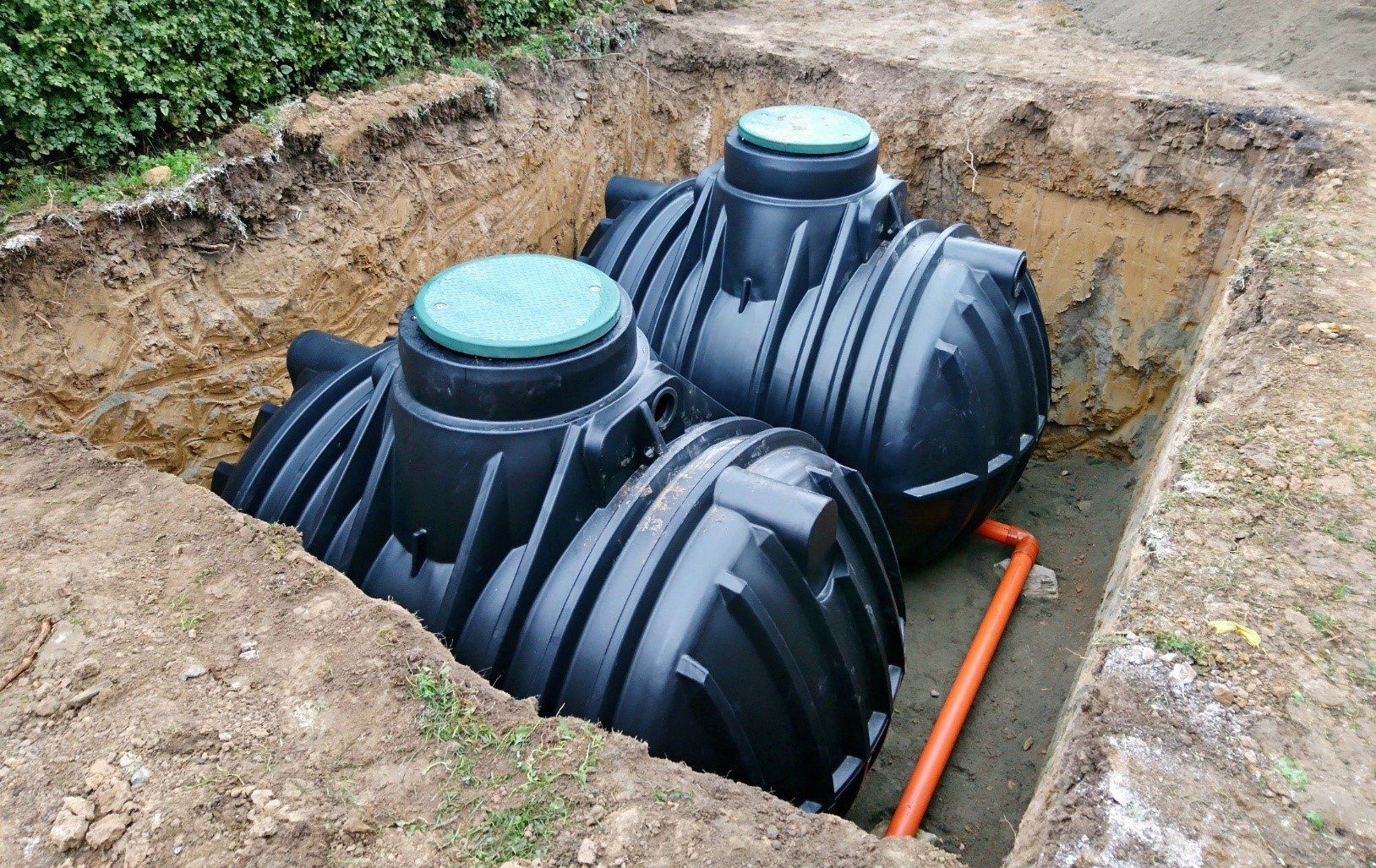The expense of a septic system is a major consideration for New Hampshire property and home owners when installing or replacing an septic system. Being a resident of the Granite State comes with many benefits, but one the disadvantages is the possibility for costly maintenance costs because of the unpredictable weather and the rocky terrain. However, knowing how much you’ll have to shell out on septic system construction or replacement will help you budget appropriately and ensure you’ve got everything covered in this essential home improvement project.

In New Hampshire, septic systems are a feasible option for wastewater treatment. This is particularly the case in rural areas with no municipal sewers. However, septic tank cost can vary depending on several factors, such as the size of the property, the soil condition, and the type of system chosen.
Septic system installation cost
The costs for installing a New Hampshire septic system can vary from $5,000 up to $15,000, depending upon factors such as soil size, type and the type of system. On an average, homeowners are likely to pay about $8,000 for an installation for a standard septic system.
Standard septic systems comprise tanks and leachfields. The size of the tank as well as the leach field will depend on the number of bedrooms within the home as well as the daily water usage. The cost of installation is higher if are living in a larger space or use more water.
The soil condition is another factor that can affect the septic system installation cost in New Hampshire. It is possible to excavate and prepare soil in the event that it is hard or saturated with water. This may increase the cost.
Septic system replacement cost
Septic systems last between 20 and 30 years. The cost of replacing a septic system in New Hampshire can range from $10,000 to $30,000 or more, according to the size of the home, the kind of system used, as well as the soil condition.
The cost of septic system replacement is typically more expensive than installation, as it requires the removal of the existing system and installing an entirely new system. In addition, the cost of replacing a septic tank can differ based on the location of the property and the extent of excavation and preparation that is required.
Maintaining a septic tank is costly.
Maintaining your septic system is essential to ensure that it operates properly and lasts as much as possible. Regular maintenance involves pumping the tank once every 3 to 5 years, and inspecting the system for any signs of damage or clogs.
The cost of maintaining the septic tank in New Hampshire can be affected by the size and location of your property. homeowners can anticipate to spend between $400 and 600 for a inspection and pumping.
Septic tank costs can be reduced by saving money.
There are numerous ways to save money on septic system costs. Here are a few tips to save money on septic system cost in New Hampshire:
Choose the right kind of system: There are a variety of types of septic systems available that include gravity-fed systems, pressure distribution systems and aerobic treatment units. The choice of the best system for water consumption and the property can reduce costs for installation and maintenance.
Regular maintenance will help you avoid costly repairs or replacements down the road. Regularly schedule septic tank inspections and pumping checks to ensure the system is working effectively.
Conserve water. Conserving water can lessen the load on the septic tank and extend its lifespan. Repair any leaks or leaking toilets and install water-efficient appliances and fixtures.
Professional installation: Although DIY septic system installation could appear like a feasible option however, it often results in costly repairs and replacements later on down the time. It is best to hire an experienced professional to do the job efficiently and correctly.
In New Hampshire, upgrading your septic system is a great option to keep your home looking the best. This job can be accomplished without much trouble or expense with the help of experts in this field. You’ll experience better performance out of your septic tank for many years to come. These upgrades, when properly done, are worth the cost because they prevent unpleasant backups, smells, or overflows. The long-term advantages of upgrading your systems septic tanks and other components are well worth the cost. With that in mind, it’s important to ensure that you cooperate with a skilled professional who understands the area and regulations to complete the needed repairs and upgrades in a timely manner, so that you have consistent, reliable service for many years later on.